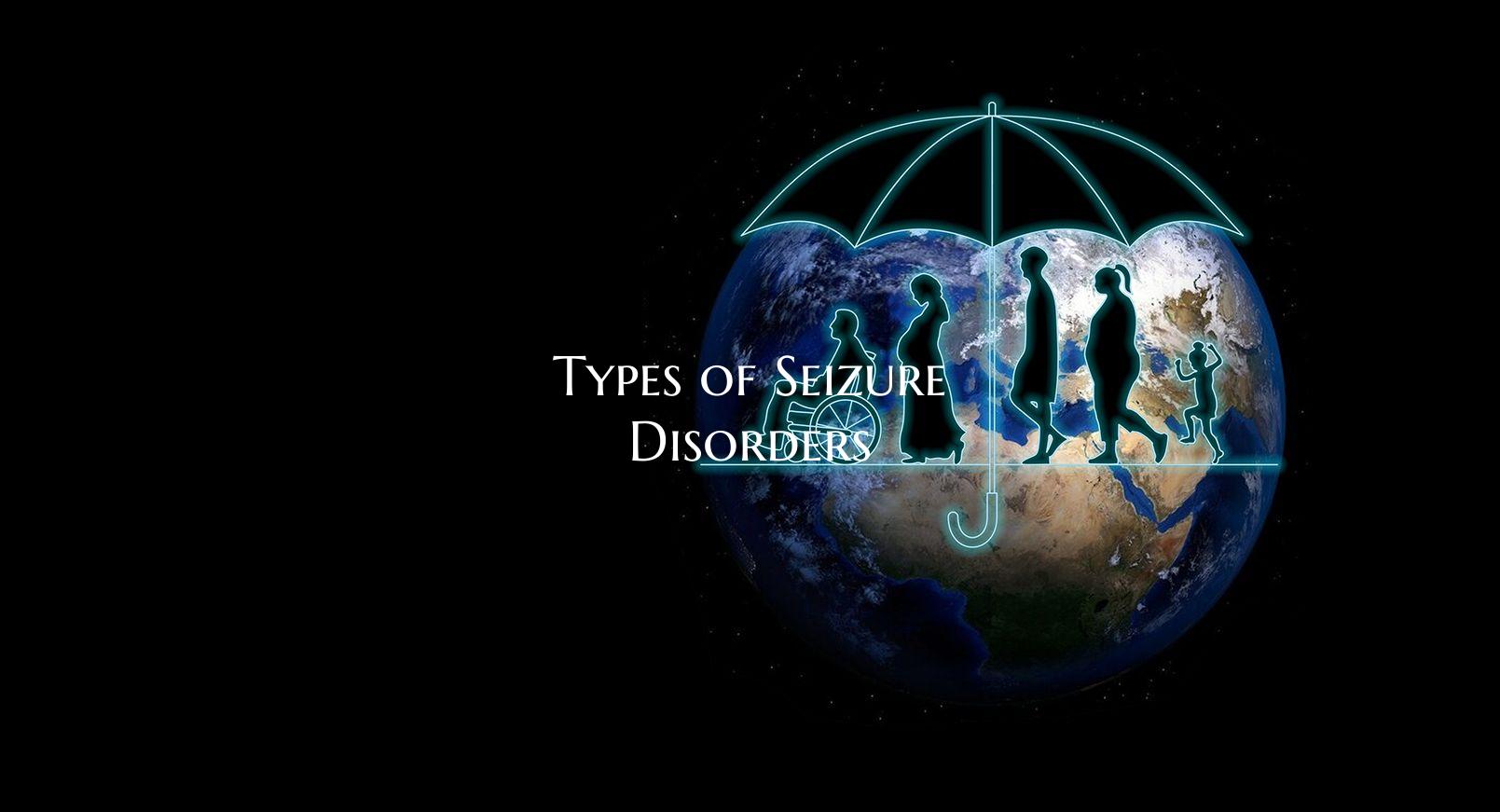
Types of Seizure Disorders
Seizure disorders, also known as epilepsy, are a group of neurological conditions characterized by sudden, uncontrolled electrical activity in the brain. There are several different types of seizure disorders, each with its own distinct characteristics and symptoms. Understanding the various types of seizure disorders is essential for proper diagnosis and treatment. Here are a few common types of seizure disorders:
1. Generalized Seizures: Generalized seizures affect both sides of the brain and can cause loss of consciousness. Some common types of generalized seizures include tonic-clonic seizures, absence seizures, myoclonic seizures, and atonic seizures. Tonic-clonic seizures, also known as grand mal seizures, involve stiffening of the body followed by jerking movements. Absence seizures cause a brief loss of awareness, while myoclonic seizures involve sudden jerking or twitching of muscles. Atonic seizures, also known as drop attacks, lead to a sudden loss of muscle tone and may cause falls.
2. Focal Seizures: Focal seizures, also called partial seizures, originate in a specific area of the brain. These seizures can be further classified as focal onset aware seizures or focal onset impaired awareness seizures. Focal onset aware seizures do not cause loss of consciousness, while focal onset impaired awareness seizures may lead to altered consciousness or confusion. Focal seizures may manifest as motor symptoms, sensory symptoms, autonomic symptoms, or psychic symptoms, depending on the region of the brain affected.
3. Non-Epileptic Seizures: Non-epileptic seizures, also known as psychogenic nonepileptic seizures (PNES), are episodes that resemble epileptic seizures but are not caused by abnormal electrical activity in the brain. These seizures are often linked to psychological factors or stress and may be mistaken for epileptic seizures. It is essential to differentiate between non-epileptic seizures and true epileptic seizures to provide appropriate treatment and care to individuals experiencing these episodes.
4. Febrile Seizures: Febrile seizures are seizures that occur in young children as a result of fever, typically due to a viral infection. Febrile seizures are relatively common and generally do not cause long-term harm. However, it is essential to monitor children who have experienced febrile seizures and seek medical attention to address the underlying cause of the fever.
5. Reflex Seizures: Reflex seizures are triggered by specific stimuli such as flashing lights, certain sounds, or specific movements. Individuals with reflex seizures may be able to control their seizures by avoiding triggers. Common types of reflex seizures include photosensitive epilepsy, which is triggered by visual stimuli, and musicogenic epilepsy, which is triggered by music or specific sounds.
Overall, recognizing the different types of seizure disorders is crucial for appropriate management and treatment. If you or someone you know experiences seizures or seizure-like episodes, seeking medical evaluation and support from a healthcare professional is essential for accurate diagnosis and care.